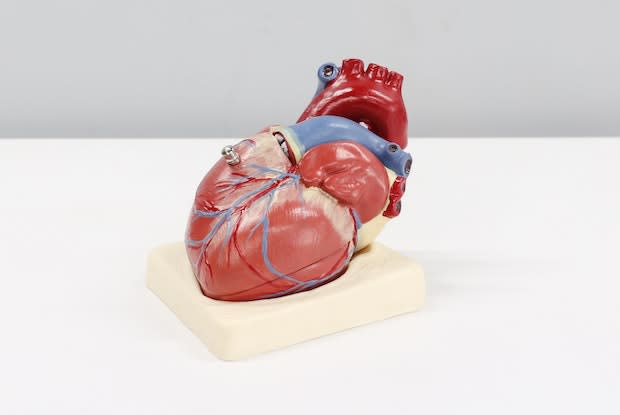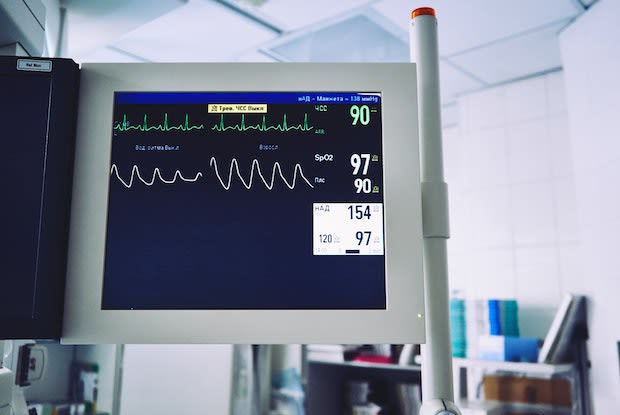Table of Contents
II. What is atrial fibrillation?
VI. How can I prevent these conditions?
VII. How are cardiovascular diseases treated?
VIII. Where can I buy cheap Eliquis online?
Cardiovascular diseases
Heart disease is the number one killer in the United States. [1] In fact, it is very likely you or someone you know will die of cardiovascular disease. But there’s no reason to feel depressed just yet! With the right lifestyle habits and medications like Eliquis (apixaban), you can do a lot to delay or prevent heart problems.
But what exactly is cardiovascular disease? According to the American Heart Association, cardiovascular disease is an umbrella term that refers to a number of conditions such as atherosclerosis, atrial fibrillation, heart attacks, and more. Let’s look at some cardiovascular conditions you may have heard of. [2]
Atrial fibrillation is a type of arrhythmia (i.e., irregular heart rhythm) when the heart beats faster than normal and the upper and lower chambers don’t co-operate. [3] Atrial fibrillation may mean not enough blood is pumped from the lower chambers of the heart to the lungs and body. This may lead to feelings of dizziness or fatigue. Other symptoms include heart palpitations, chest pain, and low blood pressure. There are four types of atrial fibrillation (or A-Fib): Atherosclerosis is when plaque builds up and hardens along the walls of your arteries, reducing blood flow to parts of the body. Plaque is made up of substances like fat, cholesterol, and calcium. Plaque can also rupture. Platelets may then flood the injury site and form a blood clot. The blood clot further narrows the artery, and this may cause a serious event like angina (i.e., chest pain), heart attack, or stroke. [4] Atherosclerosis is dangerous because it often shows no symptoms until it gets to a point where a serious event like a heart attack happens. If atherosclerosis affects certain areas in your body, you may experience symptoms like chest pain, numbness, stroke, and kidney disease. A heart attack is when blood flow to a section of the heart muscle stops suddenly. [5] Without oxygen-rich blood to feed it, the heart muscle begins to die. Heart attacks are a medical emergency. Even if you’re not 100% certain whether someone is having a heart attack, call 9-1-1. Unlike the movies, heart attacks may not look as dramatic. Symptoms can be mild, to begin with. Chest pain, upper body discomfort, shortness of breath, and pain in the back, shoulders, and jaw are all signs. Occasionally, people can experience no symptoms at all. Once you understand how heart attacks work, you can think of strokes as a brain attack. In a stroke, blood flow to a part of the brain stops suddenly and the tissue begins to die. Symptoms of a stroke include numbness on one side of the body, disorientation, dizziness, breathing problems, vision problems, and even loss of consciousness. Strokes, even so-called “mini-strokes” (i.e., transient ischemic attacks or TIAs) are medical emergencies and require immediate medical attention. [6] Many types of heart or cardiovascular diseases have similar risk factors and prevention methods. A combination of healthy eating, fitness, and abstinence from tobacco can help prevent the development of cardiovascular diseases. Tips from the American Heart Association include the following: A variety of medications can be used to treat cardiovascular diseases, such as: If the price of prescription medications like Eliquis costs gets your heart pounding, worry less by buying medications like Eliquis online through Canada Drug Warehouse. Canada Drug Warehouse is an international and Canadian pharmacy referral service that helps patients like you access affordable medications. As many countries have stricter drug price regulations than the United States, you can find significantly cheaper prescription drugs like Eliquis from licensed, high-quality pharmacies abroad. Take care of your heart. It’s a muscle that keeps working until you die, so make sure you <3 your heart! DISCLAIMER: The content in this article is intended for informational purposes only. This website does not provide medical advice. In all circumstances, you should always seek the advice of your physician and/or other qualified health professionals(s) for drug, medical condition, or treatment advice. The content provided on this website is not a substitute for professional medical advice, diagnosis or treatment.
What is atrial fibrillation?
What is atherosclerosis?

What are heart attacks?
What are strokes?
How can I prevent these conditions?

How are cardiovascular diseases treated?
Where can I buy cheap Eliquis online?
